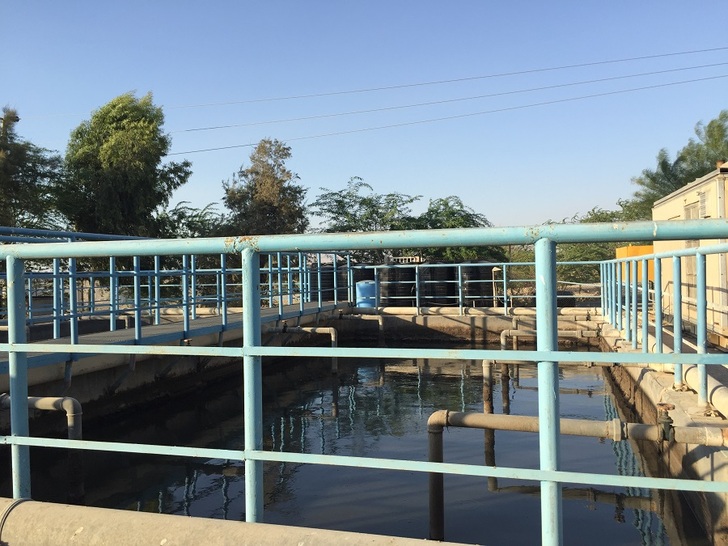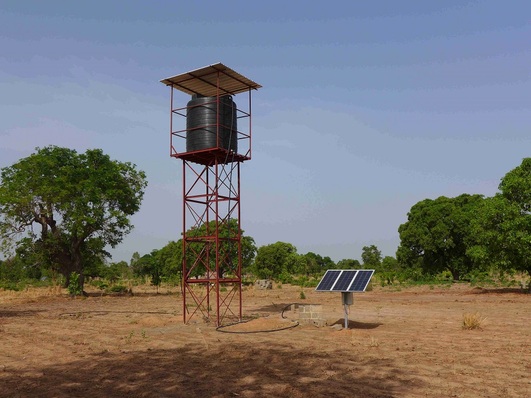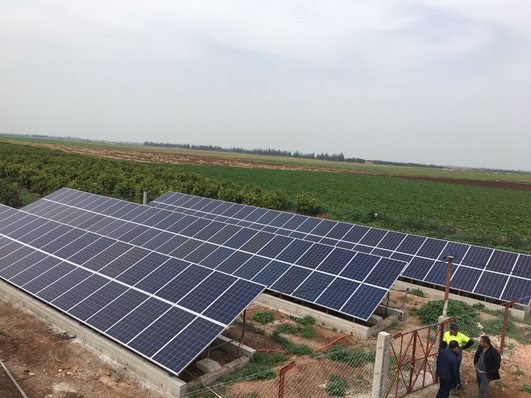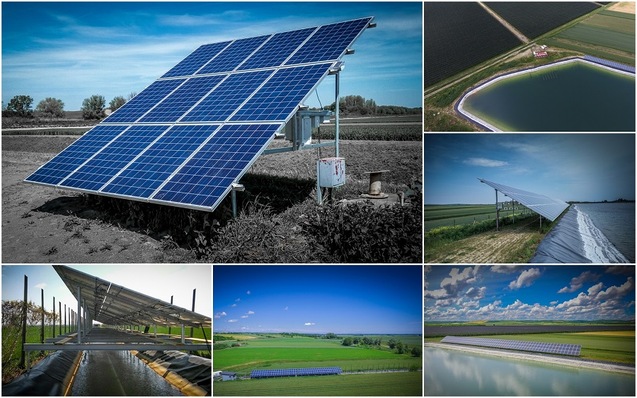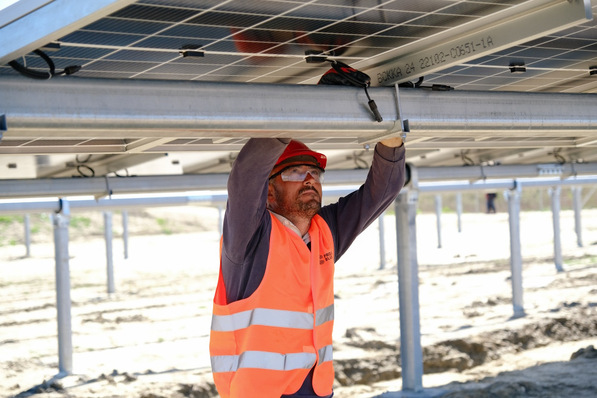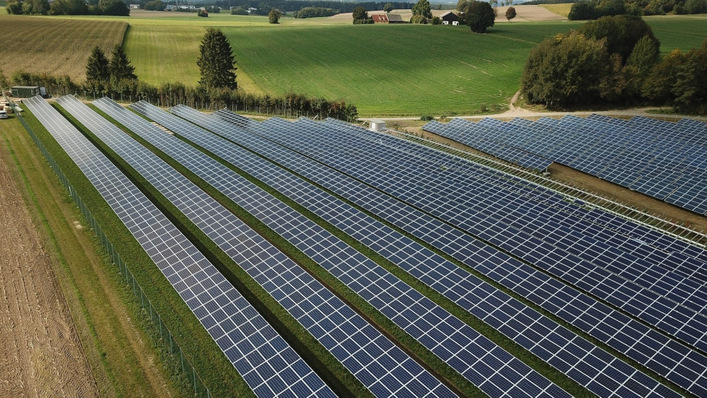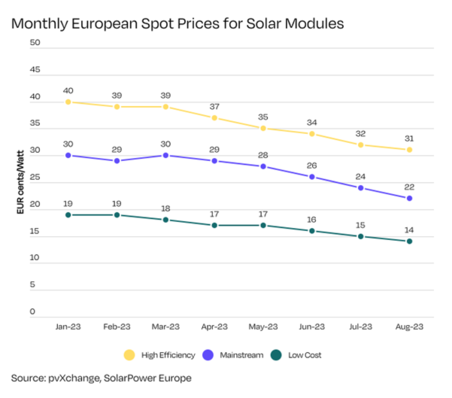The Kingdom of Jordan seems like an oasis of stability in a region of conflict. A great challenge for the desert state, however, is the tense water situation. The Jordan River that has been one of the main water resources in Jordan has shrunk to a trickle. Water quality has also degenerated, with high levels of salinity and pollution from agriculture and untreated wastewater. Moreover Jordan has welcomed over a million refugees from Syria and Iraq in recent years. With them, the pressure on the already scarce water supplies is even increasing. Therefore, the efficient and responsible use of the precious resource water is extremely important for the future development and political stability of the desert state.
Innovative wastewater treatment with solar power
The Lake Constance-based foundation Global Nature Fund (GNF) and its Jordanian project partner EcoPeace Middle East in Amman have launched a three-year model project. The aim is to install a solar park to power the wastewater treatment plant Tal-Al-Mantah in the municipality of Deir Alla in the Jordan Valley, in order to stabilise the fluctuating treatment capacity of the plant. Currently, longer breakdowns of the plant occur e.g. after dusk and in case of technical defects. The capacity of the wastewater treatment plant is not optimally used at the moment.
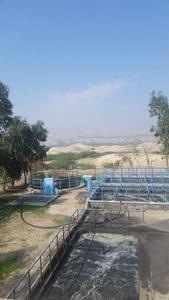
In the region the domestic wastewater is usually collected in septic tanks at the houses. Ideally the wastewater is pumped out of the tanks in time by tank trucks and transported to one of the two wastewater treatment plants North Shuna and Tal-Al-Mantah. However, the sewage pits overflow again and again and domestic and commercial sewage is disposed of illegally. Groundwater and surface water are heavily contaminated, which poses considerable health risks for people and nature. "The availability of water is one of the greatest challenges for Jordan, especially in view of the influx of hundreds of thousands of Syrian refugees, which is why it is urgently necessary to find sustainable solutions" says Eshak Al-Guza’a, Project Manager at EcoPeace Middle East.
The new photovoltaic system will supply 90 % of the wastewater treatment plant's electricity requirements and will guarantee independence from the expensive and fluctuating national power grid. The electricity costs saved will be available for spare parts and repairs as well as for preliminary chemical testing of the wastewater.
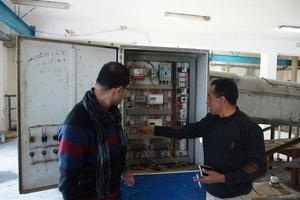
Sufficiently treated wastewater can significantly ease the precarious water situation in the region. In the catchment area of the wastewater treatment plant, 130,000 people will benefit from the improved condition of the ground and surface water. The Tal-Al-Mantah wastewater treatment plant will be the first solar-powered plant in this sunny region of the Jordan valley and will thus have a lighthouse character for the population as well as for decision-makers in local and regional water authorities.
Dry river valley
The communities in the Jordan Valley are among the poorest in Jordan and many people have no access to clean water. Far too much of the precious water is taken from the Jordan River, mainly for agricultural irrigation. Inadequately treated wastewater, overflowing septic tanks or illegally disposed wastewater further contaminate groundwater and surface water – a major threat to the environment and the population. The influx of refugees and global climate change exacerbate this dramatic situation leading to a further shortage of precious water.
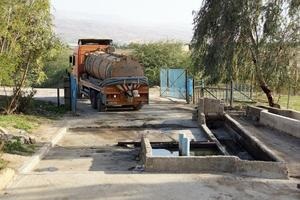
In 2015 GNF together with EcoPeace Middle East and local community representatives set up a Master Plan for the Jordan Valley. With the model project, GNF wants to contribute to the development of solutions for the dramatic water shortage in one of the world's most arid countries. (HCN)
Stay informed, get our free newsletter twice a week. Register here

